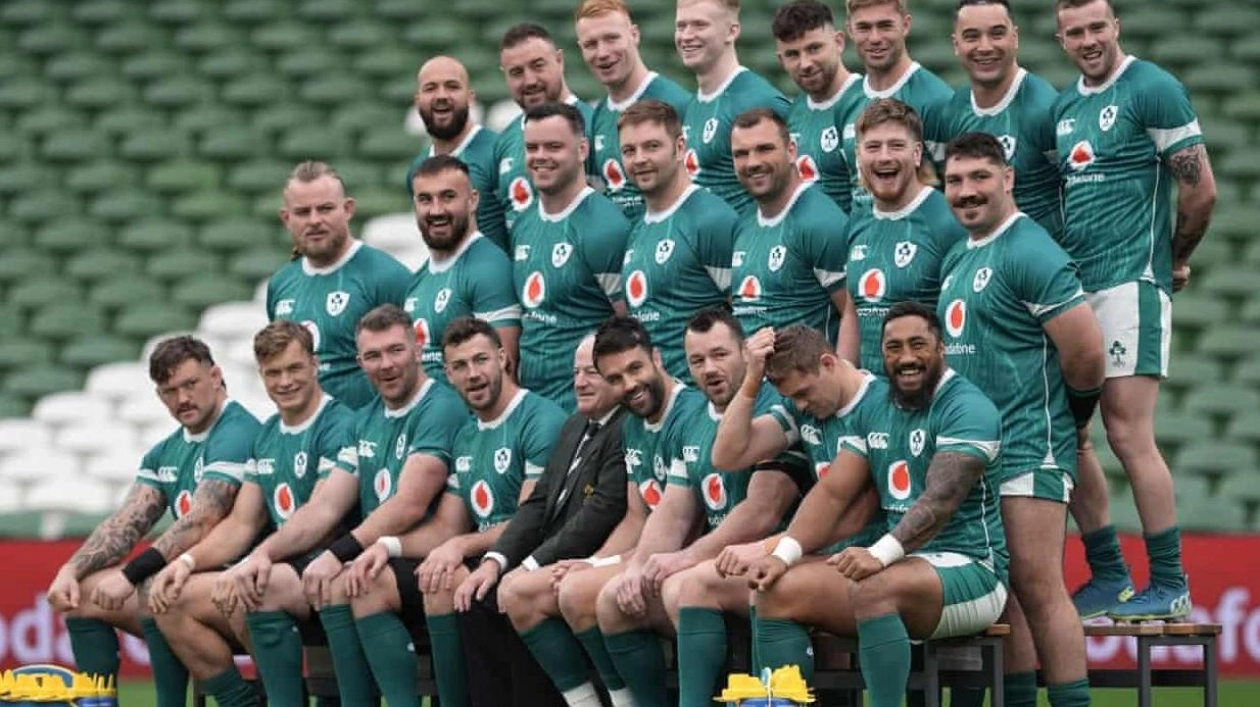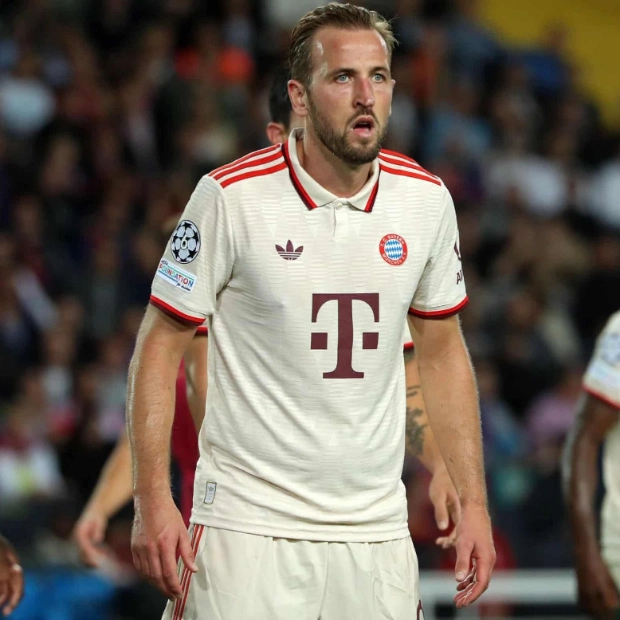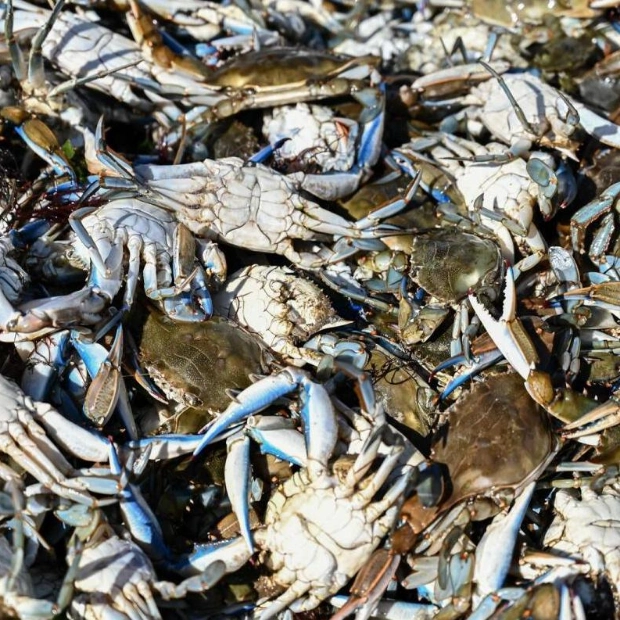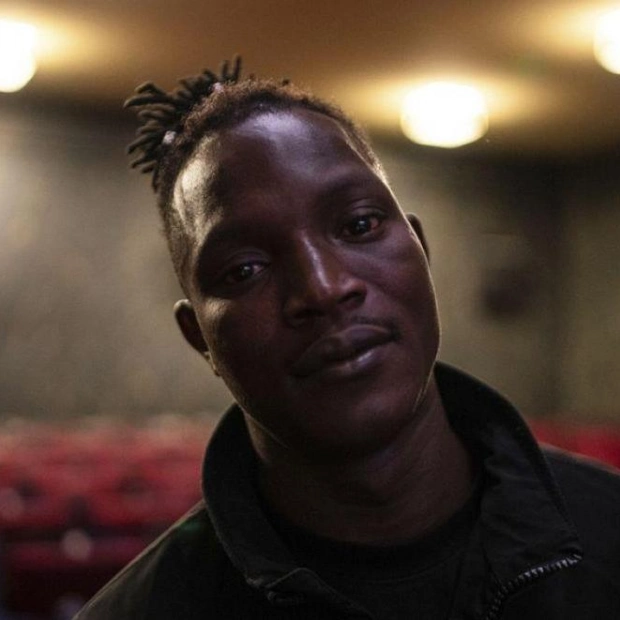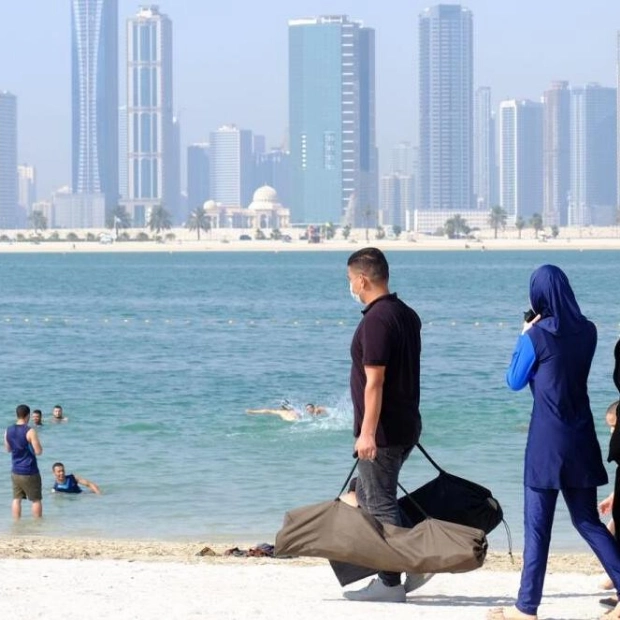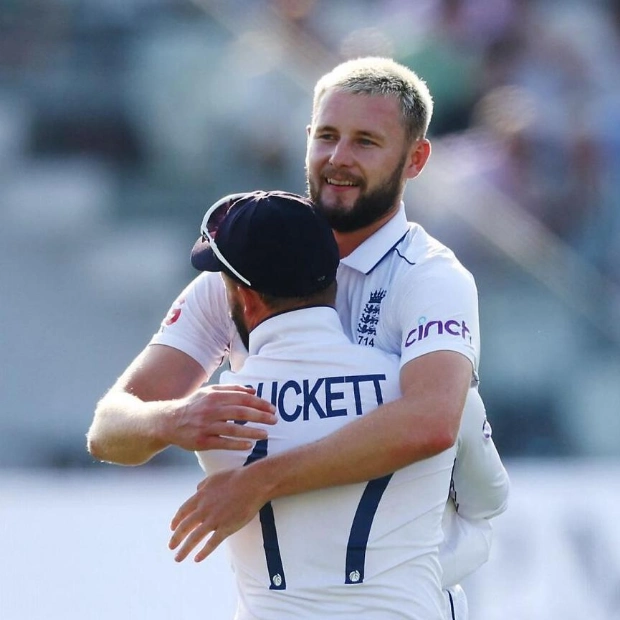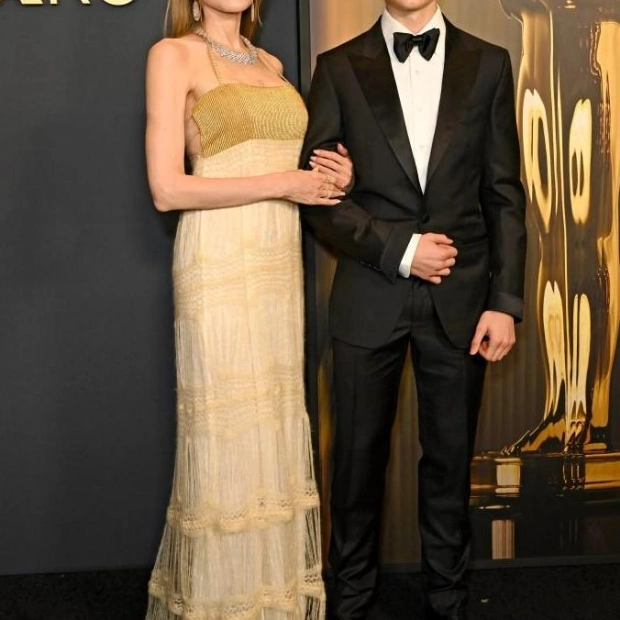In Ireland, we have an intriguing tradition of thanking the bus driver when they stop at our designated spot. The origins of this custom remain a mystery, but its widespread practice and longevity are undeniable. So, you might wonder if Rieko Ioane was embracing this tradition when Ireland's crucial quarter-final moment arrived at the last World Cup, marking the last time these teams faced off. The Kiwis were in control then. Perhaps Ioane was subtly reminding Johnny Sexton, Ireland's departing legend, to remember his manners. According to Sexton's account, that brief, tense interaction between them has hastened the anticipation for this match, even though Ireland's fly-half is now coaching the 10s in the squad and won't be present for this encounter. Nevertheless, there will undoubtedly be an electrifying atmosphere.
"Hopefully – that's what everyone desires, isn't it?" says Andy Farrell. "They want it too. That's usually the case when the All Blacks visit. I haven't seen anything different, so I believe Irish rugby is in a strong position. Everyone knows New Zealand is always the team to beat, so I expect this match to be as intense as ever, if not more so."
Even without that extra element, tickets were quickly sold out for a fixture Farrell has been aiming for since a satisfying summer in South Africa, where the series ended in a draw. In his pre-tour budget, New Zealand coach Scott Robertson would have allocated a significant amount for the Aviva Stadium. Consider the strain on resources: team leaders Beauden Barrett and Codie Taylor were recently removed from a lineup that seems incomplete since the departures of Sam Whitelock, Brodie Retallick, Aaron Smith, and Richie Mo'unga. It's challenging to quantify the value of an away win in this fixture, their 12th Test of a season with three defeats in the first four games. This is not just a period of transition for the Kiwis with new players and a new coaching staff, but also a time to regain their aura through bold, attacking rugby, guided by performance coach Sir Wayne Smith. This requires room for errors, which isn't typical for the New Zealand rugby community.
They were fortunate to escape Twickenham with a win last weekend, but along with that luck came a glimpse of how smoothly this remodelled New Zealand team can operate. Consider how Ellis Genge, in the first half, found himself empathising with a stranded wildebeest in the Serengeti. England's loosehead was targeted, scarred by the experience that cost his side seven points. This wasn't an example of managing chaos as Smith describes, but rather a blend of structure and improvisation. First, they tested the England defense, hoping to find a vulnerable target – Genge fit the bill – and second, how he was outmaneuvered was a matter of choice, orchestrated on the fly between Barrett and Will Jordan.
If you're part of Ireland's propping contingent for Friday night, which doesn't include the injured Tadhg Furlong, you'd be on high alert for being left alone like that. That's before considering the number of bodies needed to handle a potential threat from Mark Tele'a. And if you're keeping an injury watch on hookers Ronan Kelleher and Rob Herring, you'd be concerned about the condition of those two, post-injury. In contrast, Ireland finally starts with their best available back row trio, moving Tadhg Beirne to the short side, and are otherwise well-prepared. New Zealand, with Wallace Sititi, Sam Cane, and Ardie Savea across the back of the scrum, are also in good shape.
Given the recent history in this fixture – Ireland has won three of the last five meetings – the relationship between the two nations has evolved. "Yes, and it's a healthy one," Farrell says of the change. "A good one. It's exactly what we would want. I suppose New Zealand has had it in a sense where they probably thought they should win against Ireland, but hopefully, the way we've performed or improved since Soldier Field [where Ireland was victorious in 2016], the respect from their side for us is a bit higher now."
Farrell, quite literally, was in a different league when Ireland was mostly seen as easy prey against the All Blacks. Those were the days when the only challenging questions for the Kiwis came post-match, asking them to name any Irish player who had made their life difficult. If it had been a bus journey, they probably wouldn't have known which stop was for their opponents. And no one paused to say thanks.
Source link: https://www.theguardian.com
